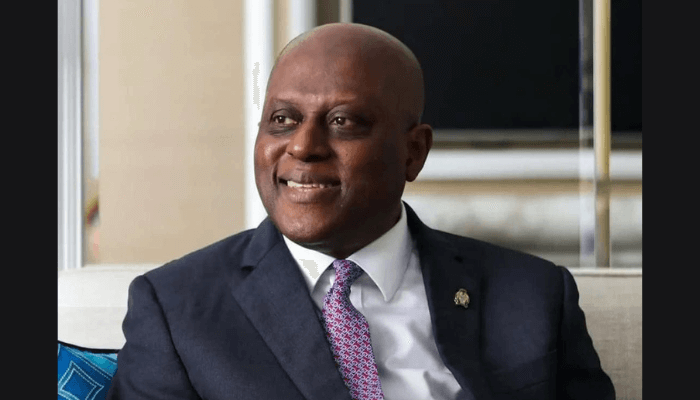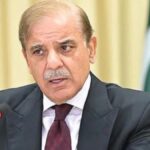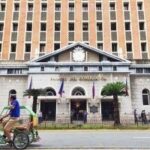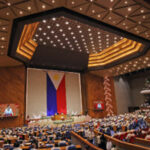At a recent event at the London School of Economics, CBN Governor Yemi Cardoso announced that the bank has integrated AI into its monetary policy framework for macroeconomic forecasting and decision making. The CBN has therefore joined other central banks such as the European Central Bank, Bank of Canada, Bank of Indonesia, etc. in adopting this cutting-edge technology in its core operations. The fiery discussions at the LSE, moderated by economics professor Helen Ray, provided Cardoso the opportunity to speak on inflation, interest rates, recapitalization in the banking industry, cryptocurrencies, the bond market and a whole range of other issues. The governor said the bank would soon issue a statement on the operationalization of cryptocurrency in the country and acknowledged its importance to young Nigerians.
“There must be limits to political sophistry. Technology can easily provide current estimates of GDP growth and inflation and help identify potential risks and vulnerabilities in the financial system.”
On interest rates, he acknowledged they were still uncomfortably high, but said softening would soon come and lending rates would begin to slide downwards, and with the disappearance of arbitrage in the FX market, banks should begin funding real sectors. There are five months left before the March deadline on recapitalization. Cardoso said many banks have already met the threshold (N500 billion for international banks, N200 billion for national and N50 billion for regional) but those unable to achieve the target within the time frame should be prepared to downgrade their licenses or merge with others.
But the Governor's announcement on the use of AI by the CBN in the management of monetary policy attracted the most attention because such applications undoubtedly have far-reaching implications. The CBN has always had to grapple with a myriad of challenges such as inflation volatility, external shocks due to commodity price fluctuations, exchange rate volatility, differentials between policy rates and lending rates, fiscal challenges, security challenges and limited institutional capacity in managing its monetary policy. By adopting AI, the CBN hopes to address these problems and achieve much more, especially in the accuracy and timeliness of its monetary policy forecasts. The bank must also be able to process large amounts of data such as text, images and statistics to provide a more comprehensive understanding of economic trends. AI algorithms are able to identify complex patterns and relationships in data, thus enabling the CBN to make more accurate predictions about inflation, growth and other key economic indicators.
The CBN will also process real-time analysis of economic indicators such as unemployment, GDP, trade balance and purchasing managers index, allowing the central bank to respond quickly to market changes. The Tinubu administration has often spoken of its determination to achieve a GDP of $1 trillion by 2031. Many analysts have debated the feasibility of this goal. With AI, the CBN should be in a position to advise the government on the practicality and feasibility of creating a trillion-dollar economy in just under six years. There should be a limit to political sophistry. The technology can easily provide current estimates of GDP growth and inflation and help identify potential risks and vulnerabilities in the financial system.
Coup rumors and uncertainties
Last week, Nigerian military authorities announced that some senior military officers had been arrested and were being investigated for gross indiscipline and violation of military ethics. The secret announcement triggered a series of speculations in the media, with some reports suggesting that officials had been arrested for planning a coup on 1 October. Defense Headquarters soon dismissed the reports, insisting that its previous announcement had not mentioned a coup. While DHQ is busy denying, some newspapers are digging into the story. Premium Times and Sahara reporters were the first to boldly report that officials were being investigated for an alleged coup plot. The Daily Trust of 20 October further reported that 'a former governor of one of the southern states is being investigated for his alleged links with military officers detained over an alleged coup plot.' The newspaper says the former governor allegedly financed the plot, which was scheduled to take place on October 25. I have since compiled a list of all the former governors of the 17 Southern states. Many of them are very old – some in their 80s.
Nigerians are anxiously waiting for details of this story, and the sooner the military announces its findings, the better it will be for our politics and the health of our democracy. Rumors of a coup create uncertainties and concerns and are capable of weakening politics. This is why it is not healthy for the authorities to keep the country in suspense for long. During the Second Republic, the Shagari administration immediately announced the arrest of some military officers and civilians for involvement in an alleged coup plot. He was later tried by the Federal High Court (not a military tribunal) in Lagos and jailed. During the military rule between 1984 and 1999, several coups and coup plots were announced. But the Defense Headquarters statement last week would be the first hint of such a conspiracy since the return of democracy in 1999. Revelations about the identities of those implicated in the latest attempt and details of their conspiracy will make for interesting reading later this year.











